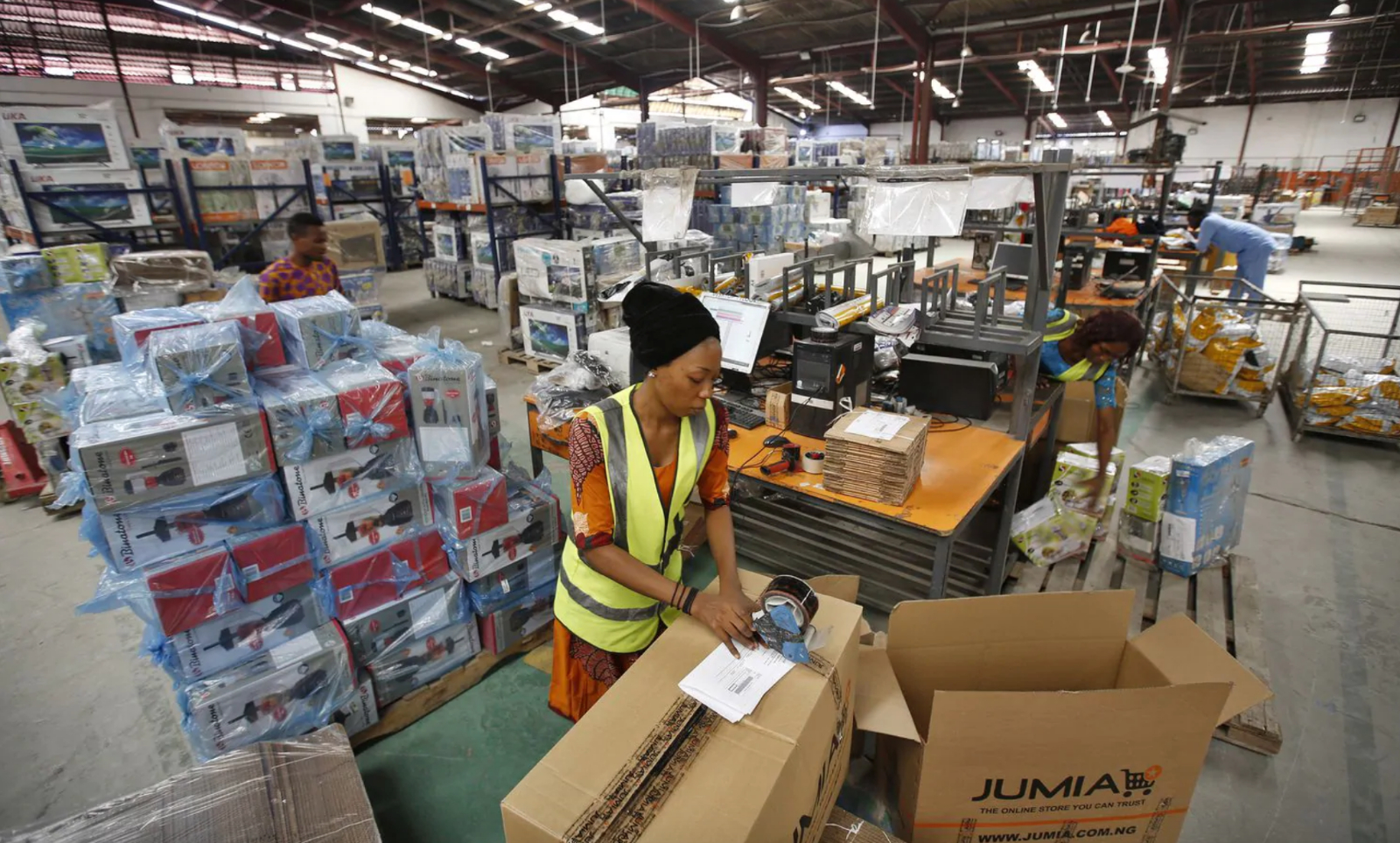Ever noticed how Egyptians don’t really know their PO boxes? The Ivory Coast has a bigger issue: No street signs

Ever noticed how Egyptians don’t really know their PO box numbers? It’s a bit of a pain when you’re ordering something online from abroad and are tempted to type in any random five numbers, knowing that your package might end up somewhere in Sohag instead of your neighborhood. But that’s really not a big issue at all in comparison to many in Cote d’Ivoire who don’t have street addresses and are relegated to relying on nearby “landmarks” for their deliveries. This is but one of several hurdles that online retailer Jumia faces in the country, Danielle Paquette writes for the Washington Post. Paquette details one day in the life of a woman who delivers orders for Jumia: “She had eight hours, 32 packages to deliver and no addresses.” One customer instructed her to “look for the ice cream cart,” while another asked her to wait for him by “a patch of gravel” on a dirt road. Not quite what you’d call an exact science.
But the lack of addresses is not the only infrastructural issue Jumia faces in Cote d’Ivoire and the rest of Africa: The prevalence of cash (and distrust of online transactions), safety concerns for valuable packages, and “labyrinths of red tape” are all holding back internet retail on the continent. “Today only 1% of goods sold in Africa are purchased on a screen, but if that share swells to 10 — closer to U.S. and European levels — McKinsey analysts forecast annual sales will hit USD 75 bn, unleashing an economic boom and a new age of convenience on the continent.”